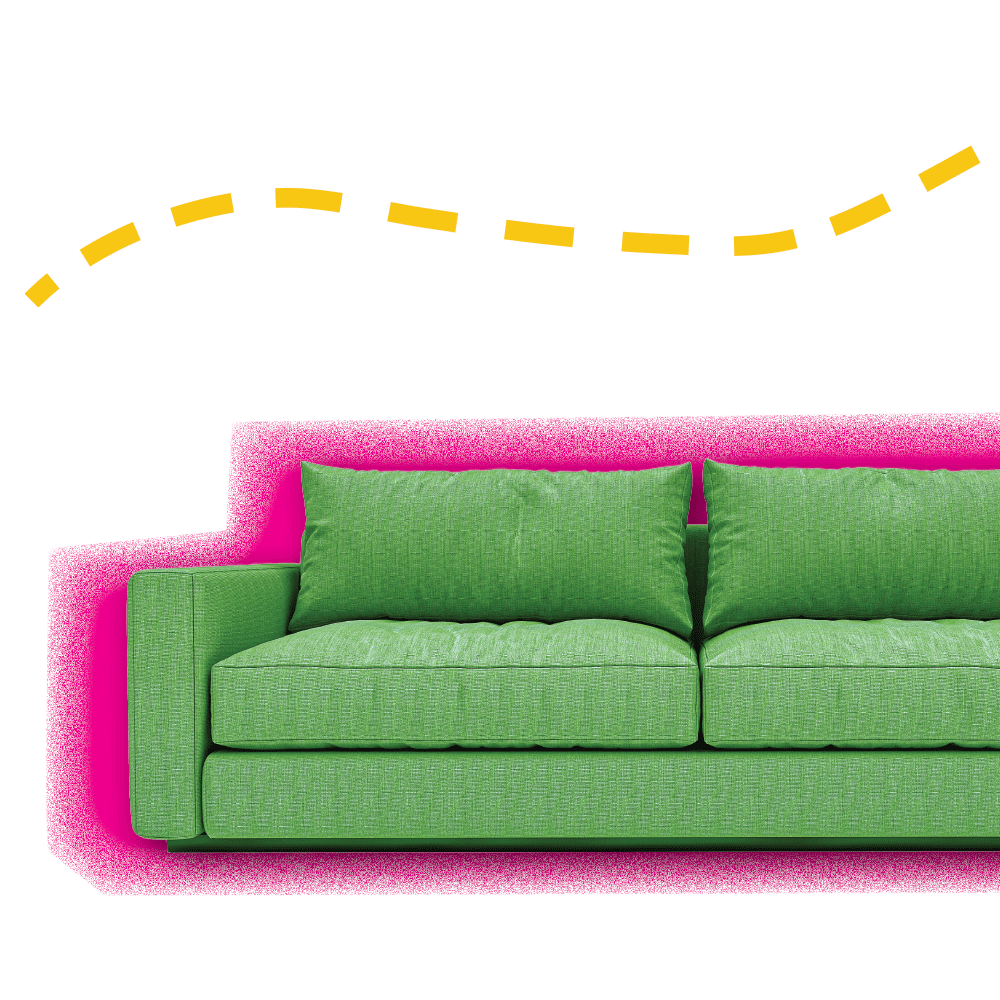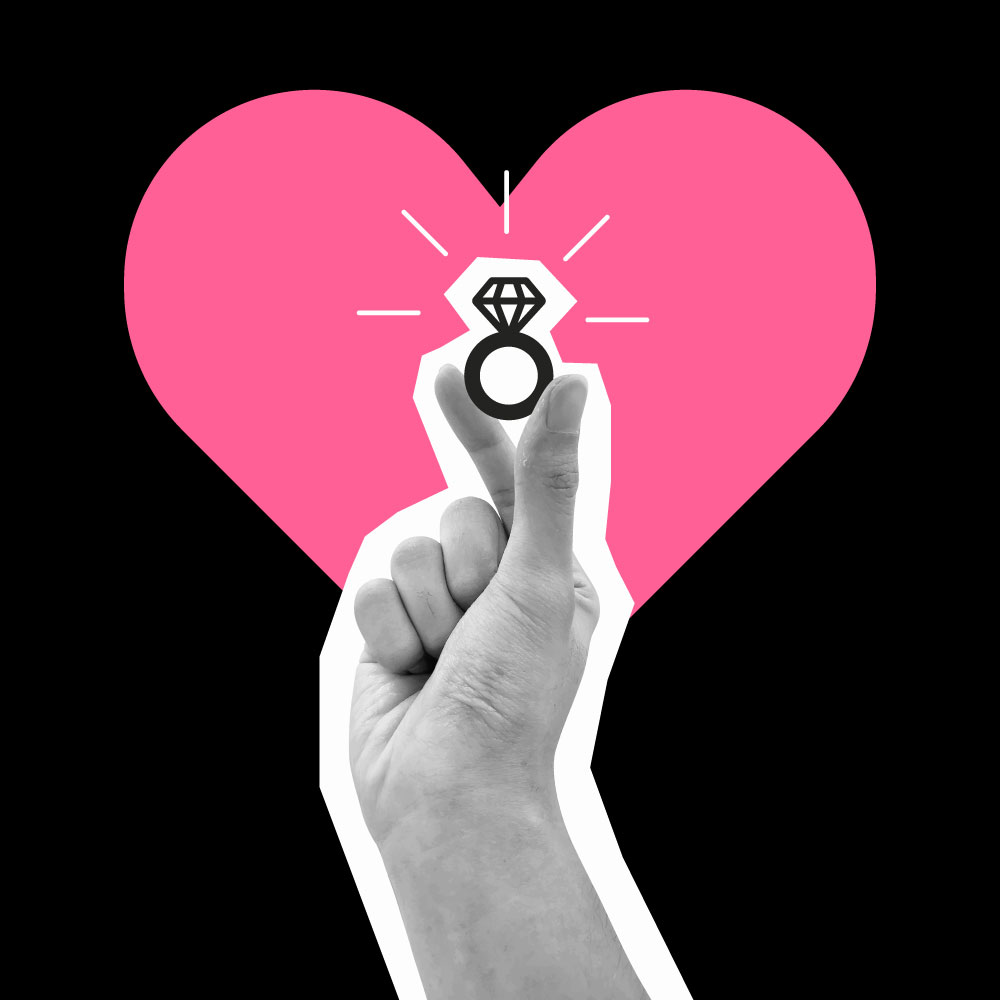
In the Moment
“The more attuned we are to what’s happening in our own bodies, the better equipped we are to be present with our loved ones. This, in turn, lets us show up as our true selves.”I get it, you don’t want to be open about what’s actually going on in your life. You may feel that your problems are too heavy for someone else. You don’t want to place a burden on them, right? Maybe you may assume that your problems aren’t big enough for others to help you carry. You definitely don’t want to place a burden on them if it doesn’t matter in the grand scheme of things. But maybe you may have tried to confide in someone about how you’re feeling, and those feelings were ignored, minimized or invalidated.
There’s good news and there’s bad news. The bad news is that we minimize and invalidate our own feelings all the time without even realizing it. The good news is that you, dear reader, and your body have everything you need to validate your own existence and experience, right in this moment.
Look Within Yourself
The ability to validate your own experiences and emotions directly impacts how you experience and relate to others. Let’s break it down. If you’re hungry, the body’s job is to recognize that it’s hungry and ask for food. If you’re tired, the body’s job is to recognize the tiredness and ask for rest. The same happens with our emotions. If you’re angry, your body’s job is to recognize the anger and give it room to be angry. The body’s job is not to minimize, ignore or let go of the anger. The body’s job is to recognize, reassure and soothe that emotion. Our bodies by nature do not stop feeling and asking for help.
As human beings, our first reaction is to ask for help. When we’re born, we cry and say, “Hello! This is scary! Someone comfort me!” We are hard-wired to need help and relationship. Our emotions are key examples of that.
My therapist tells me to let my feelings have a seat at the metaphorical table; each feeling gets their own chair, their own place setting and their own time to speak. I mean all of my feelings. My angry part gets to be vicious and mean, my sad part gets to be sad and my fear gets to scream about all the things that I should be afraid of. I often find myself placing a hand on my heart and asking my body parts what they’re feeling and what they need from me. Usually, and I bet the same for you … they want to be heard and seen. This means sitting with those uncomfortable, nauseating feelings like shame, betrayal, loneliness, etc. Ask your body, like your mind, heart and soul, what it needs. I tell my clients to follow this simple pattern: take three deep breaths, ask your body what it’s feeling and then ask what the emotion or your body needs.
Look Outside Yourself
Now that we’ve learned to validate our emotions, let’s talk about how that connects us to the world around us. The more we ask ourselves what our bodies need and how they’re feeling, the better equipped we are to handle and exist in the world around us and our relationships. We, as therapists, call this “attunement.” The more attuned we are to what’s happening in our own bodies, the better equipped we are to be present with our loved ones. This, in turn, lets us show up as our true selves.
I can’t help but mention the fact that sometimes we are not accepted as our true selves. Most, if not all, of my clients (and even I) fear that even if we are accepting of our ourselves, we will still be rejected by others. That, unfortunately, is part of existing as a human … especially as a teenager or young adult.
This relationship strain is where we find ourselves making boundaries. A boundary is the separation from one thing to another. You have a boundary that separates you from others. You are the only one that truly knows what you need, what you feel and how you think about and feel the world around you. Sometimes, a boundary can be as simple as letting your friends know that you want to stay in for the night. Other times, it can look like telling someone that you do not want them to touch you. A boundary is a guideline that you set, allowing you to feel safe and secure. It’s best practice to be vocal about your boundaries, but it’s not required.
Remember that your feelings deserve to be heard and tended to, and it’s important that other people hear them too. Though we’re not always accepted, I encourage you to speak on what you’re feeling and ask for what you need. You’ll find yourself and your body more at peace the longer you practice it.
for further study
Read:
- Boundaries: Where You End And I Begin by Anne Katherine, M.A.
- No Bad Parts: Healing Trauma and Restoring Wholeness with the Internal Family Systems Model by Richard C. Schwartz, PhD
- I Guess I Haven’t Learned That Yet: Discovering New Ways of Living When the Old Ways Stop Working by Shauna Niequist
- While Boundaries and No Bad Parts use a more educational lens of self, I Guess I Haven’t Learned That Yet is meant for anyone, in any stage of life, struggling to find themselves.



